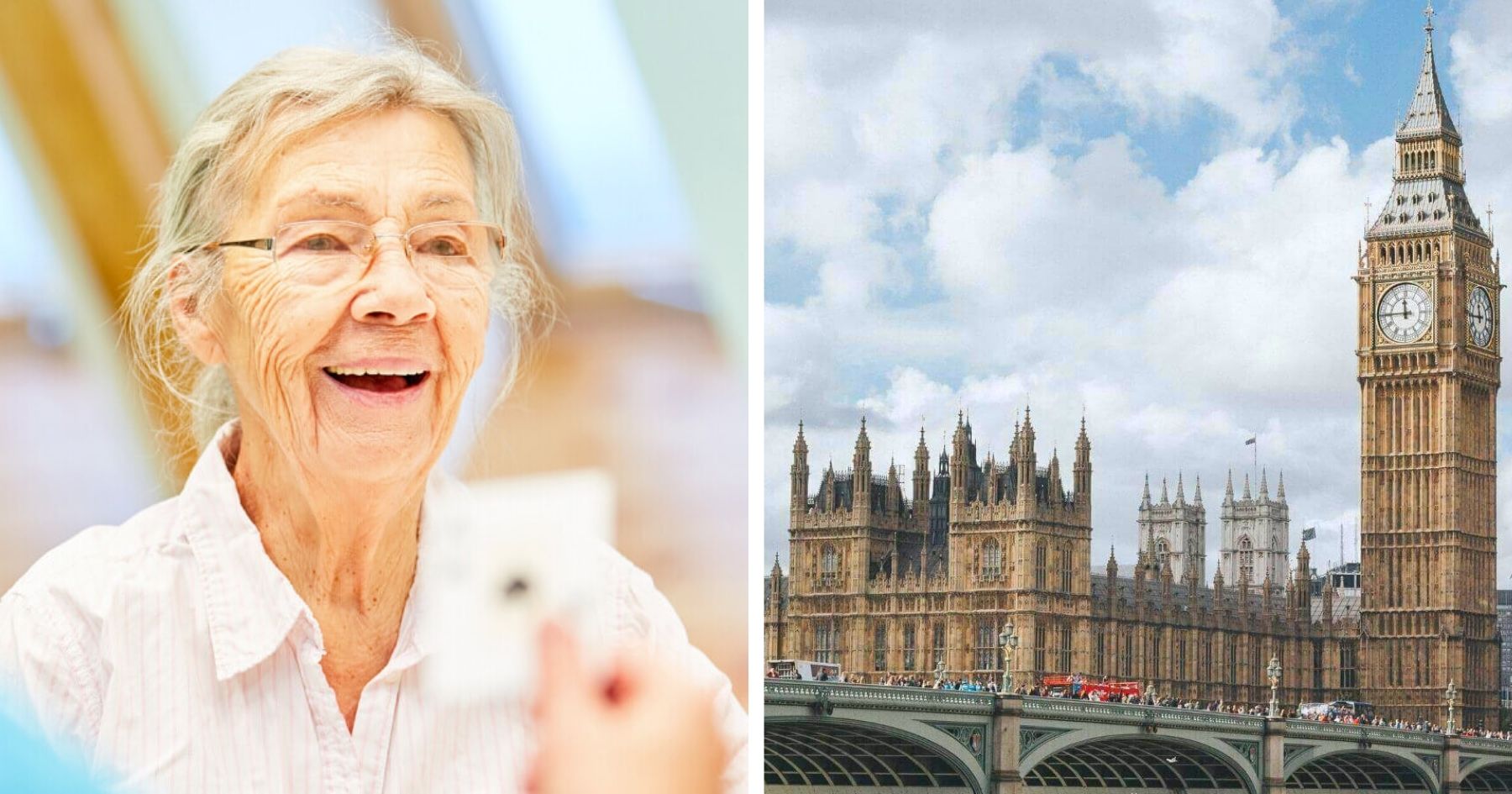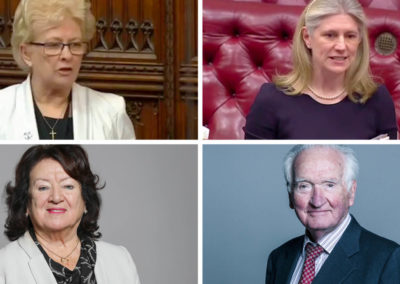As pro-assisted suicide groups lobby for a change in the law on assisted suicide, seventy MPs and Peers have cited their concerns that “the categories of those who qualify for assisted suicide or euthanasia has been expanded” in other countries that have legalised assisted suicide, and the legalisation of assisted suicide will lead to “those who are elderly, sick, or disabled, from feeling pressured into ending their lives”.
Last month, 70 MPs and Peers signed the open letter in the face of renewed calls for a change in the law on assisted suicide in the UK from the All-Party Parliamentary Humanist Group (APPHG). The APPHG has requested an enquiry into whether the law should be changed to allow medical professionals to supply or administer lethal drugs to patients wanting to end their own lives and who meet certain conditions.
The open letter urges the Lord Chancellor to reject this request for an enquiry noting that the purpose of such an enquiry is precisely to help create a case for changing the law. However, the open letter argues that such a change should not be considered.
No need for another enquiry
The letter argues that there is no need for a new enquiry because the matter has not only been extensively investigated as recently as 2004 by the former Lord Chancellor, Lord Mackay, but was addressed by Parliament in 2015 with a 330-118 majority rejecting assisted suicide. The law has also been tested in court both in 2014 and 2019 with the judges concluding that the law prohibiting assisted suicide should remain.
Expanding euthanasia law
The letter cites a number of other jurisdictions that have legalised assisted suicide and/or euthanasia noting that in each case, while the law initially applies to a select group, it slowly expands to apply to others. The letter states:
“There are escalating numbers of deaths over time in every jurisdiction, and in almost all places the categories of those who qualify for assisted suicide or euthanasia has been expanded”.
“In Oregon, which is the campaigners’ declared model for an ‘assisted dying’ law, cases of assisted suicide have risen fifteen-fold since it was introduced in 1997”.
In Canada “[t]he legislation itself proposes a review with the possibility of extending euthanasia to mature minors and those with solely mental health conditions”.
In the Netherlands “[w]e see how laws which were supposed to be limited to mentally competent terminally ill adults, now allow the euthanasia of non-mentally competent adults; disabled children aged under 12 months; disabled adults; and even those with treatable psychiatric problems such as depression and anorexia”.
“Such laws by definition contain within themselves the seeds of their own expansion”.
Pressure to die
The letter points out the dangers assisted suicide and euthanasia legislation creates for those who may not wish to die in the first place. “In Oregon over 50% of those ending their lives cite the fear of being a burden on their families, friends and caregivers as a reason for seeking to die”.
Palliative care, not assisted suicide
Finally, the letter promotes the need for effective palliative care rather than assisted suicide and euthanasia to alleviate suffering at the end of life, noting that 83% of palliative care physicians are opposed to making euthanasia legal.
“Palliative care is a relatively new branch of medicine, but it is one in which the UK – with its long tradition of wonderful hospice care – is now the world leader. Rather than abandoning this progress and resorting to the dangerous expedient of assisted suicide, we should focus our attention on ensuring that everyone has access to top-quality palliative care”.
Right To Life spokesperson, Catherine Robinson, said: “This letter provides ample reason to reject renewed calls for a change in the law on assisted suicide in the UK. Parliament and the courts have rejected such attempts multiple times in recent history. The experience of increased pressure to accept assisted suicide or euthanasia, as well as the often ever-expanding euthanasia legislation we see in countries that have legalised assisted suicide and euthanasia, should be all the evidence we need that introducing such legislation would have similar disastrous effects”.











